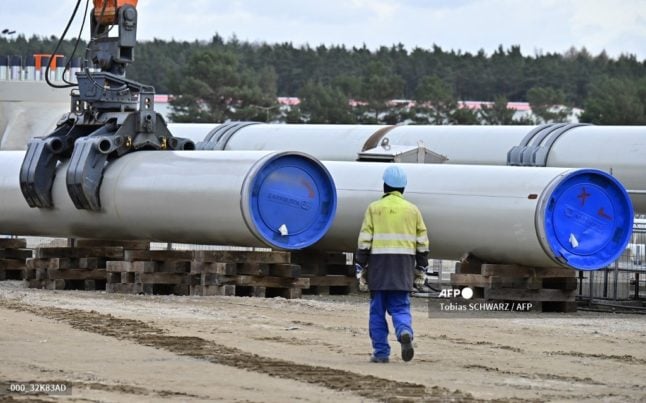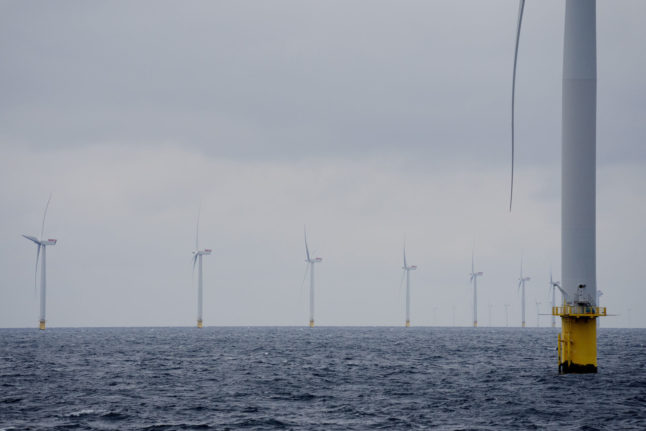The twin Nord Stream 1 and 2 pipelines have been leaking huge quantities of gas since they were damaged in a series of suspected explosions on September 26th.
In a statement issued on Tuesday, Nord Stream AG, the company which owns and operates the pipelines, said it had so far been unable to carry out its own inspections.
“As of today, Nord Stream AG is unable to inspect the damaged sections of the gas pipeline due to the lack of earlier requested necessary permits,” the company, which is 51 percent owned by the Russian gas giant Gazprom, wrote.
“In particular,” it added, “according to the Swedish authorities, a ban on shipping, anchoring, diving, using of underwater vehicles, geophysical mapping, etc. has been introduced to conduct a state investigation around the damage sites in the Baltic Sea.”
“According to information received from the Danish authorities, the processing time of the Nord Stream AG request for the survey may take more than 20 working days.”
The company said it was also being blocked by Norwegian authorities.
Nord Stream has chartered “an appropriately equipped” survey vessel in Norway, the company wrote, but the vessel has been denied the “green light from Norwegian Ministry of Foreign Affairs” to depart for the Baltic.
Swedish prosecutors on Monday imposed a ban on all marine traffic, submarines and drones on the entire region around the leaks, with some commentators questioning the legality of the ban.
The prosecutors say they have made the decision because police are carrying out “a crime scene investigation”.
“The investigation continues, we are in an intensive stage. We have good cooperation with several authorities in the matter. I understand the great public interest, but we are at the beginning of a preliminary investigation and I therefore cannot go into details about which investigative measures we are taking,” prosecutor Mats Ljungqvist said in a press release.
Sweden’s security police Säpo took over the investigation from the police on September 28th, on the grounds that the suspected crime “could at least partly have been directed at Swedish interests”.
“It cannot be ruled out that a foreign power lies behind this,” it said in a press release. Ljungqvist leads the Swedish prosecution agency’s National Unit for Security Cases.
In a statement on Sunday, Säpo said they were working “intensively” with the Swedish Coast Guard and the Swedish Armed Forces to investigate who might be responsible for the sabotage.



 Please whitelist us to continue reading.
Please whitelist us to continue reading.
Member comments